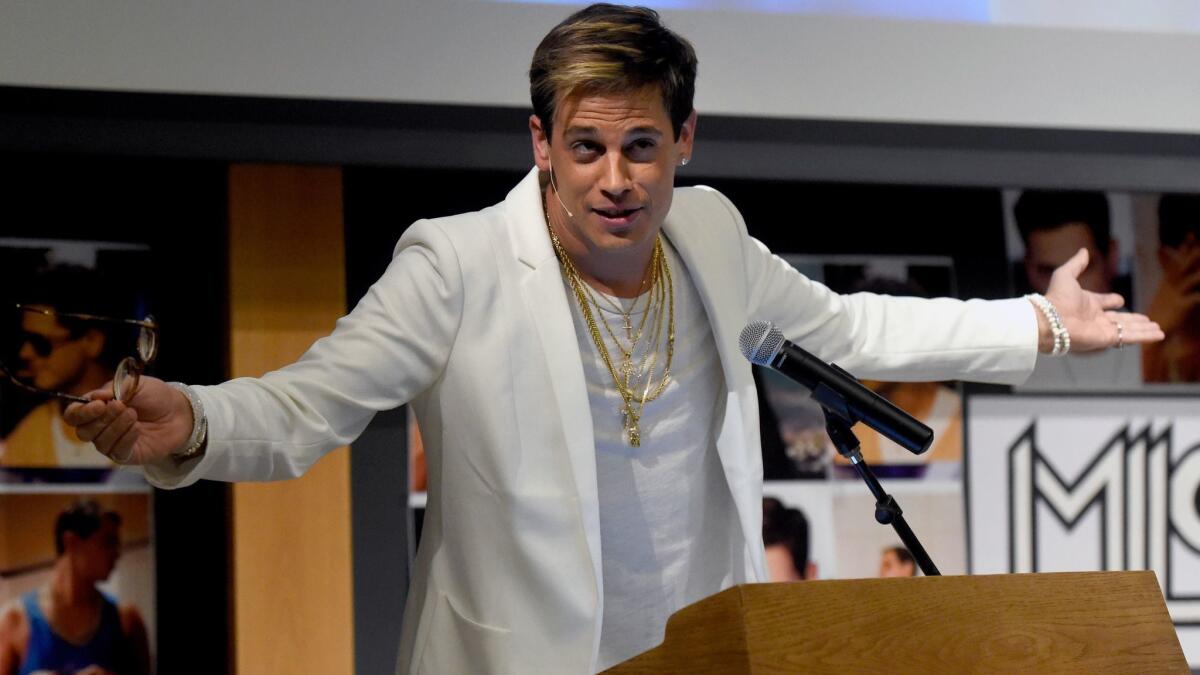Readers React: President Trump and some on the far left agree: People should be punished for what they say

To the editor: Are we to hold accountable those people who intentionally try to hurt us with their words? (“We cannot continue to treat all offensive speech acts — intentional or not — as equally blameworthy,” Opinion, March 7)
This desire to punish is tacit admission that our offenders have succeeded and that we have, in fact, been offended. No self-respecting person would willingly grant an aggressor such satisfaction. As the aphorism ascribed to Eleanor Roosevelt advises, “No one can make you feel inferior without your consent.”
By this logic, we certainly should not punish those whose words are spoken without malice.
President Trump would cheerfully abridge free speech if he could. He said, “It is frankly disgusting the way the press is able to write whatever they want to write.” Agreeing with this man is dangerous. He owes his election win in no small part to the contempt held by Middle America for the whimpering of the politically correct community.
Kevin T. Freeman, Huntington Beach
..
To the editor: I don’t believe that the “strict liability” analogy holds water in regard to the speech scenarios explored by op-ed article writer Suzanne Nossel.
For example, there were no legal ramifications for people who used the n-word in a course on offensive symbology. Rather, the criticisms that result from these incidents are a natural function of free speech.
I believe we can choose to look at these public outcries over the unintended impacts of speech as opportunities to evolve the conversation. I understand the frustration in needing to discuss offensive speech but not being able to use the n-word. However, beginning a class on offensive symbology with that conversation has the power to create a space and mechanisms that allow us to explore those concepts more deeply than before.
Impact trumps intent in the realm of speech, but analyzing that impact is how we evolve.
Cora Karamitsos, Arroyo Grande
..
To the editor: Nossel’s piece is an interesting take on “the problem” of offensive speech. I suggest that “assumption of risk” should be the prevailing standard except in circumstances of personal threat, slander or defamation.
What was the offended University of Maryland undergraduate expecting to hear while attending a lecture on racial slurs?
Jewell Jones, San Pedro
Follow the Opinion section on Twitter @latimesopinion and Facebook
More to Read
A cure for the common opinion
Get thought-provoking perspectives with our weekly newsletter.
You may occasionally receive promotional content from the Los Angeles Times.






